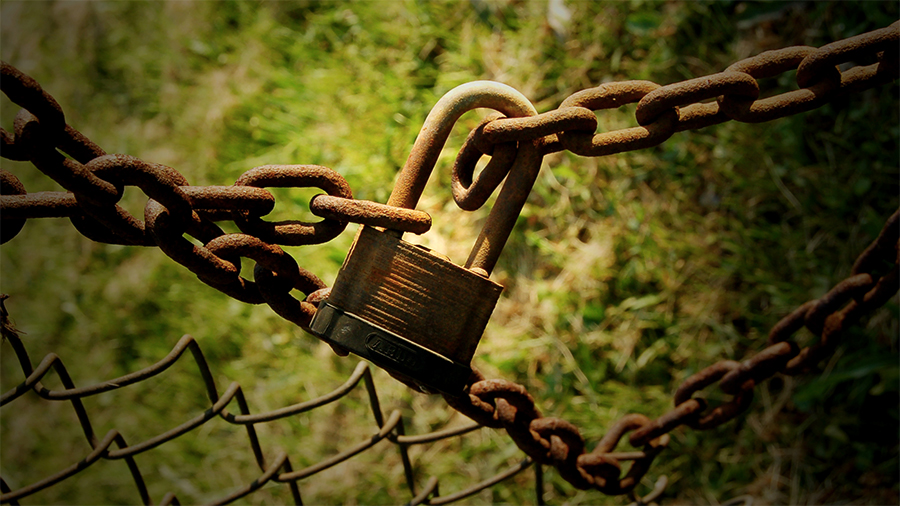A day after Apple and Samsung announced that they had fixed or were working to fix vulnerabilities referenced in WikiLeaks’ data dump of alleged “Vault 7” CIA documents, Google has followed suit, noting that it has addressed any exploitable vulnerabilities in its Android and Chrome OS devices. [More]
encryption

FBI Attorney: Tech Companies Are Helping Dumb Criminals By Providing Quality Encryption
Much of the debate about encrypted devices and messaging services has been centered on more sophisticated criminal or terrorist activities, where the people involved are actively searching out ways to avoid detection by law enforcement. However, the FBI’s top attorney contends that tech companies may be inadvertently giving dimwitted crooks a leg up by making quality encryption so widely available. [More]
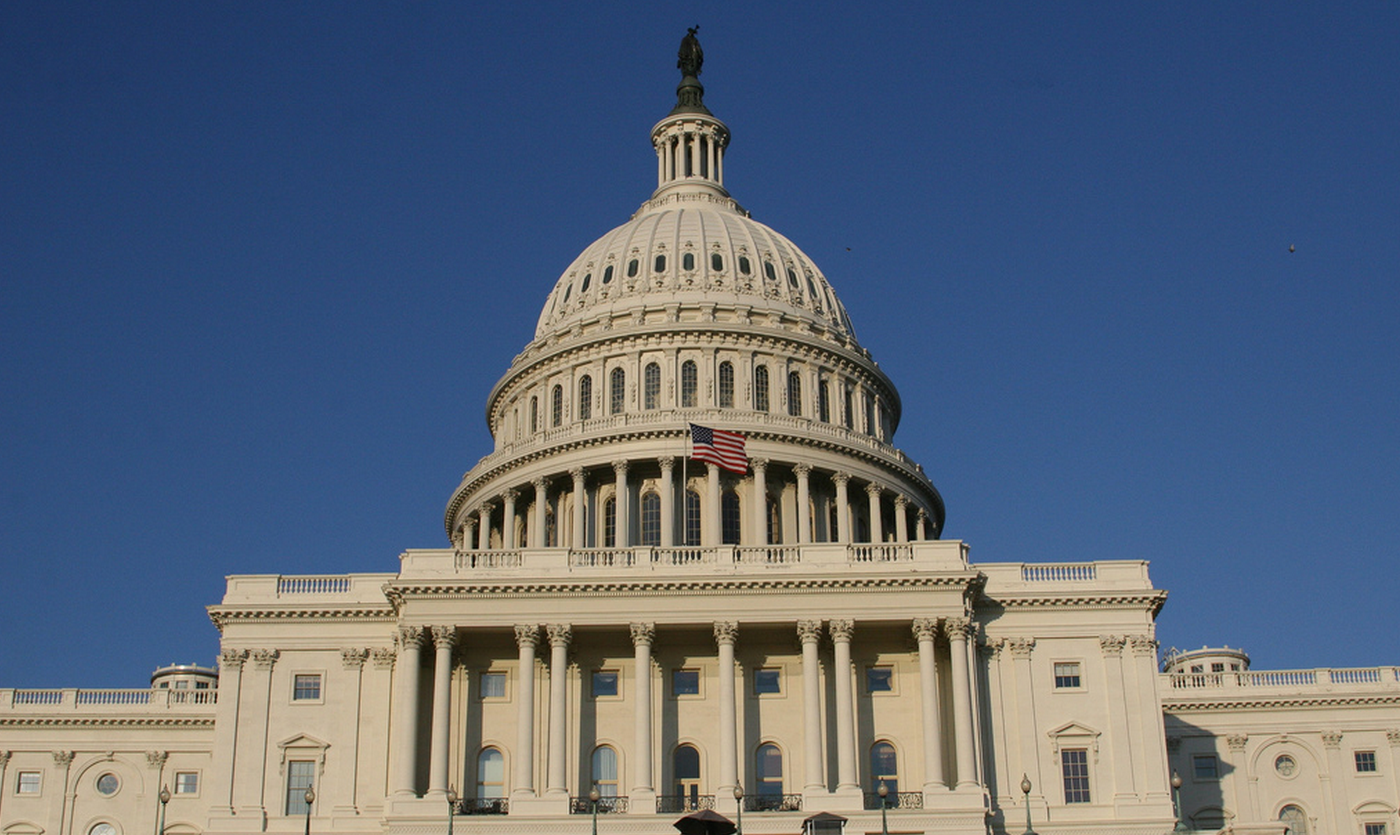
Senators: Americans “Deserve Answers” About Justice Department’s Expanded Hacking Authority
On December 1, a new rule will likely go into effect at the Justice Department that may expand law enforcement agencies’ authority to remotely hack into computers and take what data they find there during an investigation. Lawmakers have been pressing the DOJ for more information on the rule, specifically why the agency wants this authority, and what it plans to do with it, but they now say the folks in Justice are only providing non-answers. [More]
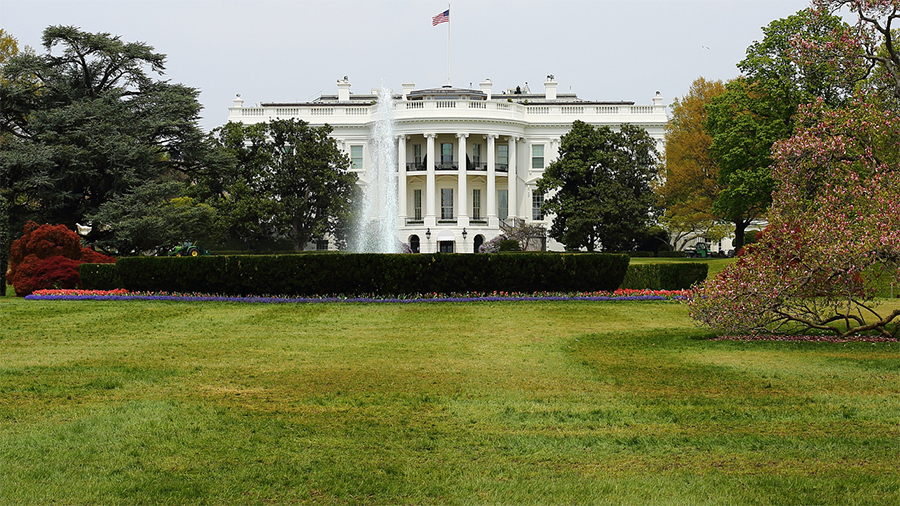
From Healthcare To Financial Protection: How Will The Trump White House Affect Consumers?
Elections always bring change; some more so than others. With yesterday’s results in the box and tallied, we now know that we are expecting not only a Trump administration next January, but also to have both houses of Congress and the White House all aligned under control of the same political party. That means that for at least two years, until the next midterm elections, the party in charge — in this case, the Republicans — has the ability to push through changes to policy and law, and we can expect it to do so. [More]

Researchers Figure Out How To Put Invisible Backdoor In Common Internet Encryption
Even consumers who aren’t necessarily very technically-minded have at least a vague sense that an encrypted site is safer to use than one that isn’t. But encryption, alas, is never a permanent cure-all. And that’s why it’s troubling that new research has found it’s easier than anyone thought to put a backdoor into internet encryption that could let any big, surveillaince-minded entity (good morning, NSA) have a listen. [More]

Bill Requiring Security Backdoors On Phones & Other Devices Appears To Be DOA
Last month, Senators Diane Feinstein of California and Richard Burr of North Carolina were set to bring forth legislation that would end the debate on whether companies like Apple should help law enforcement unlock users’ devices, by requiring them to do so. In spite of the bipartisan, high-level sponsorship and the spotlight of the disputes between Apple and the Justice Department, it looks like this controversial legislation may never even be formally introduced. [More]
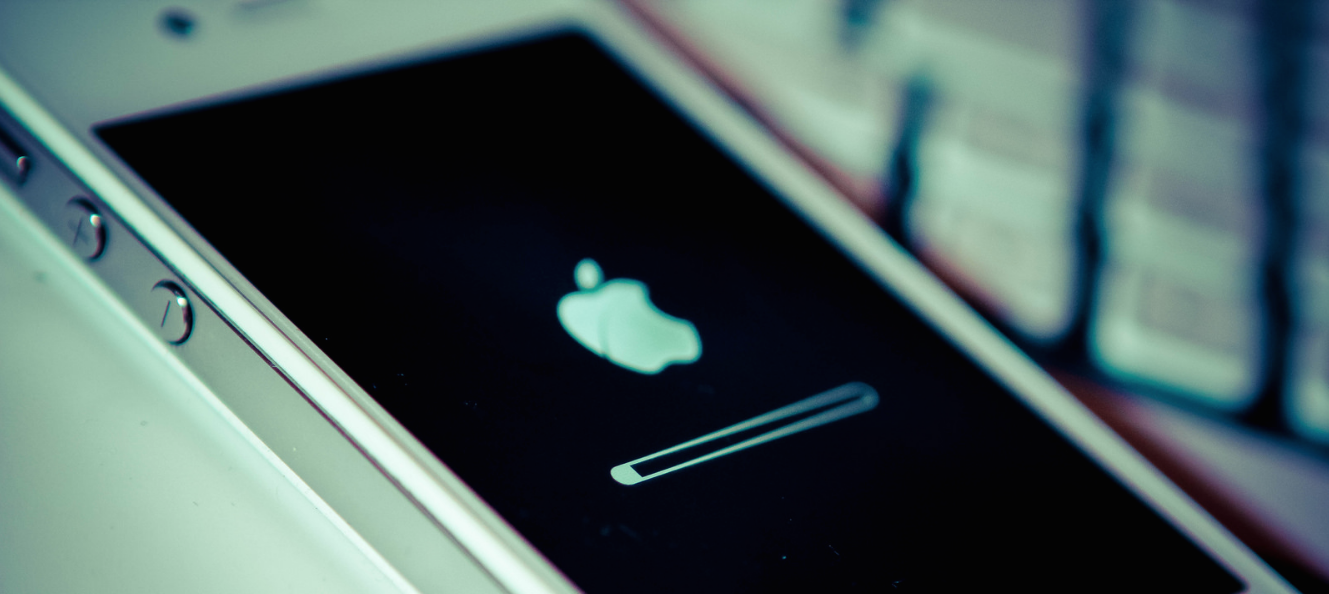
Government Asks Wireless Manufacturers & Carriers About Device Security Updates
At the same time as their counterparts at the Justice Department are trying to circumvent smartphone security, the folks at the FCC and the Federal Trade Commission are talking to manufacturers about how to make these devices more secure. [More]
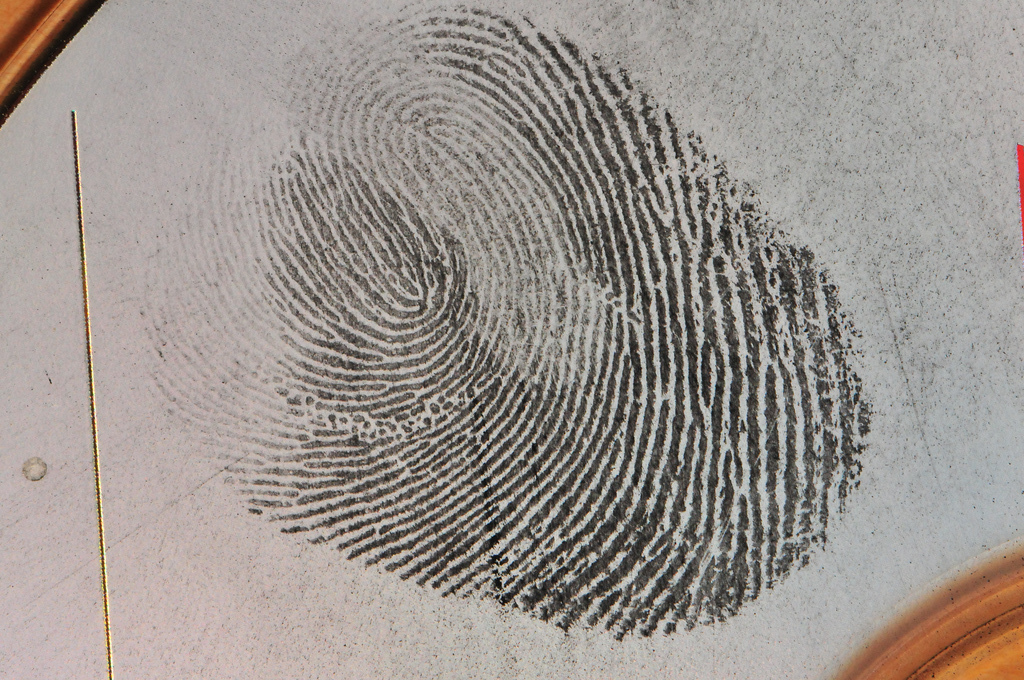
Can Law Enforcement Force You To Unlock Your Phone With A Fingerprint?
If you’re arrested or a suspect in a crime, the police can’t force you to remember the combination to your safe, or the passcode for your iPhone. But what if that phone can be unlocked with biometric data like a fingerprint? Does the ready access to this information give law enforcement an easy way to open secure devices, or would that be a violation of your constitutional rights? [More]
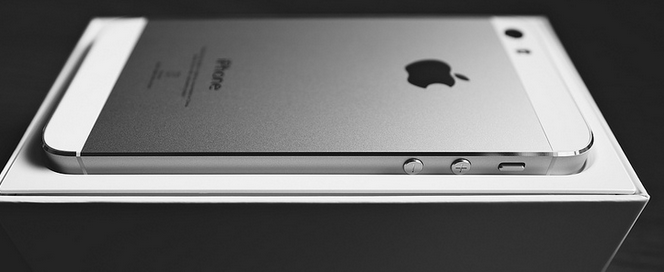
Why Won’t The FBI Tell Apple How It Unlocked iPhone?
A month ago, the FBI dropped its legal effort to compel Apple to unlock a dead terrorist’s iPhone after a third party provided the agency with a way to bypass the device’s encryption. While the federal law enforcer is okay with using what it learned to aid other criminal investigations, it doesn’t look like the FBI is jumping at the chance to let Apple in on the secret. [More]
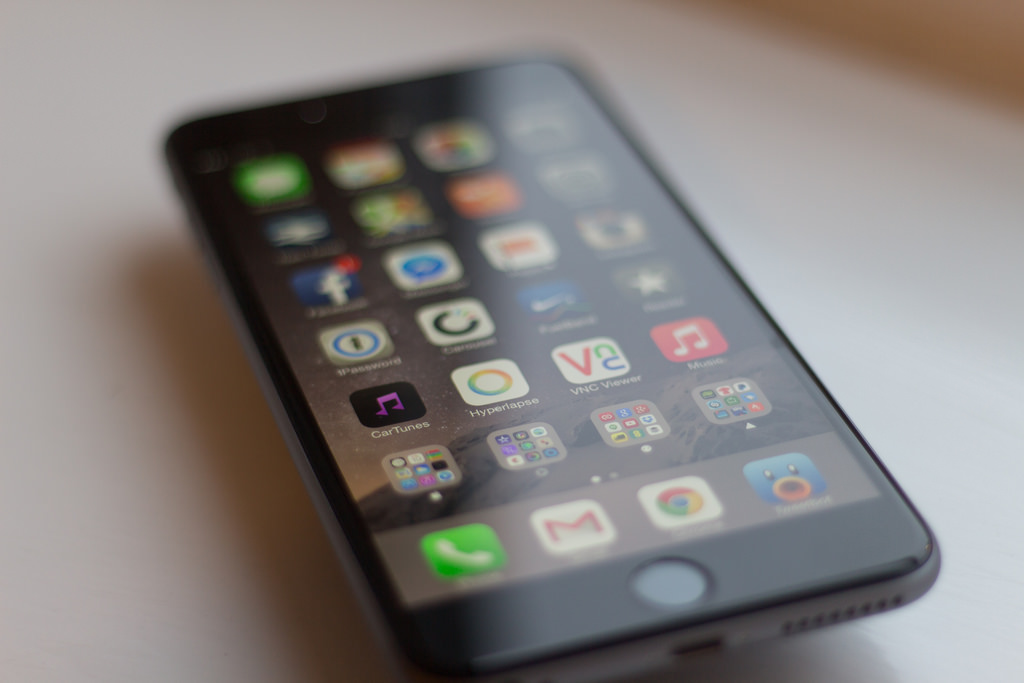
The End Is Just The Beginning In The Apple Vs. DOJ Legal Battle Over Encryption
As you may have heard, on Friday afternoon the U.S. Department of Justice backed off its efforts to compel Apple to aid in unlocking a criminal suspect’s iPhone — for the second time in only a few weeks. While some have heralded this as a significant victory for Apple (or at least as a loss for the government), it’s really just a tiny, unresolved spat in what looks to become a protracted legal battle for both sides. [More]

Did U.S. Use Secret Court To Force Tech Companies To Weaken Encryption?
Legislators in D.C. are currently considering a law that would compel tech companies to have weak device and software encryption so that law enforcement can snoop when necessary, while federal prosecutors have repeatedly used a 227-year-old law to try to force Apple and Google to work around existing security on their products. A new lawsuit seeks to find out if the government has also been using a highly secretive court to force tech companies to assist in breaking their own encryption. [More]

Apple: Why Should We Help Unlock iPhone Of Someone Who Has Already Pled Guilty?
With the U.S. Department of Justice still attempting to compel Apple to unlock the iPhone of a drug suspect, the tech giant is asking the court why this is so important when the former owner of that iPhone has already pled guilty. [More]

Petition Against Encryption-Weakening Bill Crosses 40,000 Signatures In Two Days
Usually, D.C. moves slowly. There’s a kind of plodding, methodical rhythm to Congress and the federal agencies, and very little turns on a dime. So it stands out that less than 48 hours after introducing a bill into the Senate, over 42,000 people have already objected to basically everything about it. [More]

4 Things You Need To Know About New Bill Requiring Weak Encryption On Devices
A week after it was first reported that Senators Dianne Feinstein (CA) and Richard Burr (NC) were prepping a bipartisan bill that would compel tech companies to build their devices and software with weakened encryption or built-in backdoors for law enforcement, the actual bill has been introduced. Here’s what you need to know about why consumer and privacy advocates are concerned.
[More]
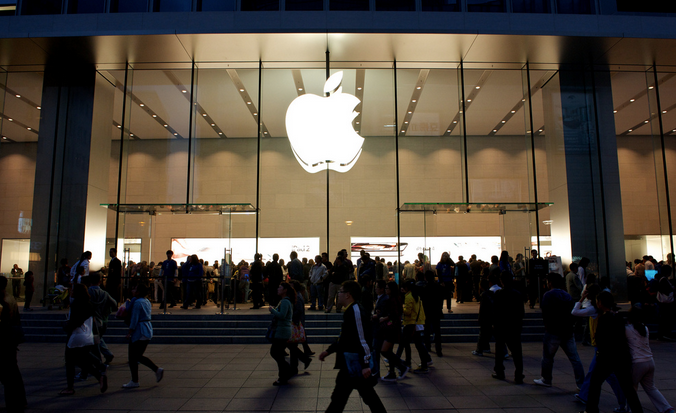
DOJ Still Pushing Apple To Unlock Drug Suspect’s iPhone, In Spite Of Judge’s Ruling
In February, while a federal court in California was pondering whether or not to compel Apple’s assistance in unlocking a terrorist’s iPhone, a federal magistrate judge in New York ruled — in a drug-related case — that the government couldn’t force Apple to defeat its own encryption. In spite of that ruling, the Justice Department now tells the court that it is going ahead with its effort to require Apple’s help. [More]

Report: New Bill Would Let Judges Order Tech Companies To Break Encryption; White House Not Thrilled
The public fight Apple and the FBI recently had over one particular phone may have resolved itself, but the national discussion over encryption is just warming up. Now there’s a bipartisan effort to make a decision wandering through Congress… but the politics of it say that this particular bill is going to go nowhere fast. [More]

Facebook’s WhatsApp Messaging Service Bolsters Encryption Amid Law Enforcement Scrutiny
Even though the FBI has figured out a work-around that — for now — allows the agency to bypass an iPhone’s encryption, the debate still continues about which is more important: privacy for all consumers, or ready-but-limited access for law enforcement? Today, Facebook-owned messaging service WhatsApp made it clear which side of that argument it comes down on. [More]



